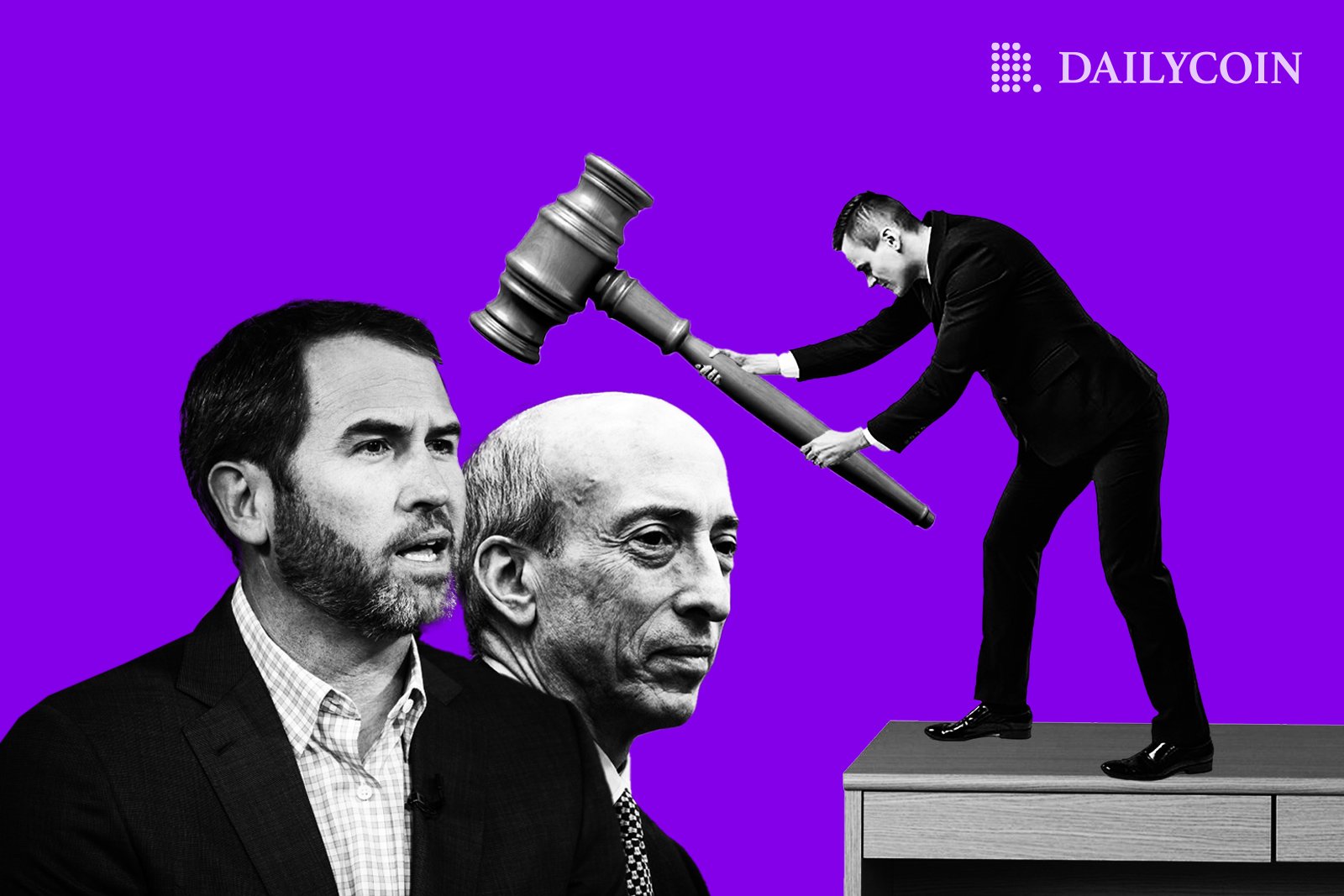
- Both the SEC and Ripple Inc. filed redacted responses opposing summary ruling motions.
- According to Ripple, the SEC failed to justify its claim that XRP sales were investment contracts.
- A speech by William Hinman, a former SEC official, turned the lawsuit around for Ripple.
- It’s noteworthy that the final ruling of this legal battle will determine the SEC’s role in US cryptocurrency regulation.
Finally, the lawsuit involving Ripple and the United States Securities and Exchange Commission (SEC) is heading toward a conclusion. Recently, the two parties involved in the legal battle that has been dragging on since 2020 filed redacted responses to their respective opposition to motions for a summary ruling.
Ripple’s motion comes as a counter statement to SEC’s position that XRP is a security according to the federal security directions. In its response, Ripple submitted that the SEC didn’t justify its argument that the sales of XRP were an offer or a sale of an investment contract. So Ripple pleaded with the court to grant its motion and dislodge the SEC.
Recall that the two-year-old legal tussle between Ripple and the SEC emanated in late 2020. The SEC accused Ripple of offering XRP as an investment contract between 2013 to 2020. This prompted the SEC to ignite a lawsuit against Ripple, claiming the firm did not register XRP before offering it to investors.
Sponsored
The lawsuit took a positive turn for Ripple when a speech of a former SEC official, William Hinman, surfaced. In the speech, Hinman submitted that Ethereum (ETH) should not be regarded as a security at Yahoo Finance All Markets Summit in 2018. This was two years before the Ripple vs. SEC saga came into existence.
What Would the Final Ruling Mean for the Cryptocurrency Sector?
Ripple leverages the Hinman document to argue that XRP doesn’t fall under the oversight jurisdiction of the SEC. The final ruling of the legal battle will prove decisive in determining the role of the United States Securities and Exchange Commission in cryptocurrency.
Currently, there is a regulatory tussle between the SEC and the Commodities Future Trading Commission (CFTC).
Sponsored
However, the Lummis and Gillibrand Bill intends to clearly define the role of the SEC and CFTC in the industry. Yet the cryptocurrency sector will be banking on the outcome of the Ripple vs. SEC tussle to determine the industry’s fate in the United States. With the final ruling set to come by 2023, it will set judicial precedence for the role of the SEC in the industry.
On the Flipside
- As part of the ongoing case, the General Counsel for Ripple, Stuart Alderoty, refers to the SEC as a “bouncing regulator.”
- The counselor also stated that Ripple is proud of its efforts to defend the crypto industry and that they have always played it straight with the court but can’t say the same for the SEC.
Why You Should Care
The ongoing case between Ripple Inc. and SEC determines much of the USA’s regulatory framework for digital currencies. It could either limit the influence of the SEC or empower it more, depending on the side it favors.
Read more about Ripple:
Ripple (XRP) Goes Wild After Garlinghouse Openly Mocks The SEC
